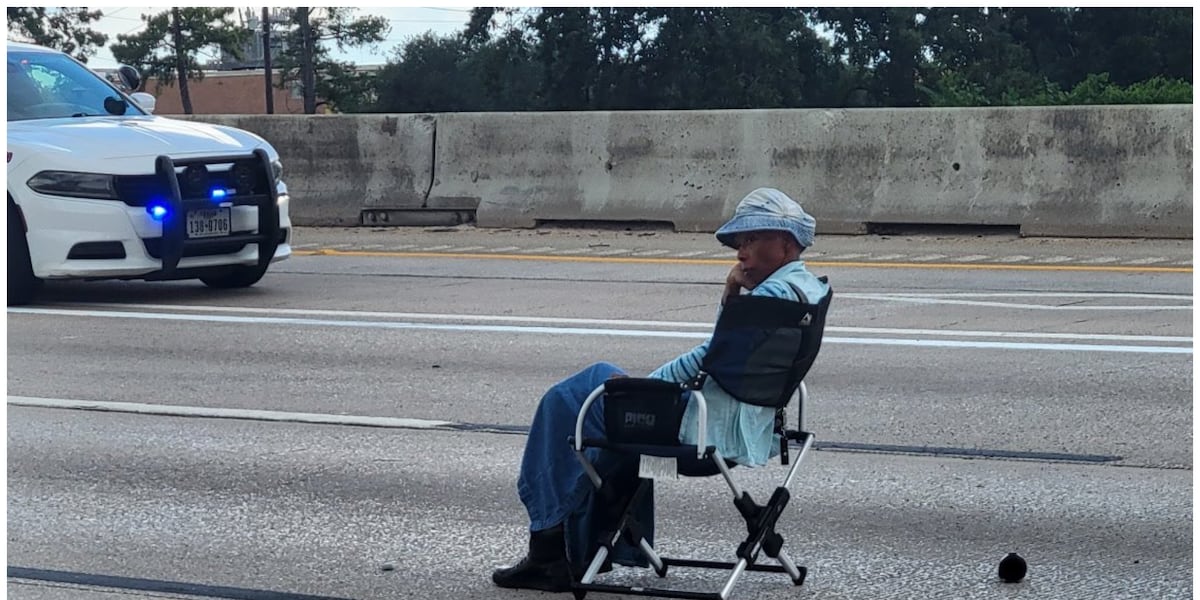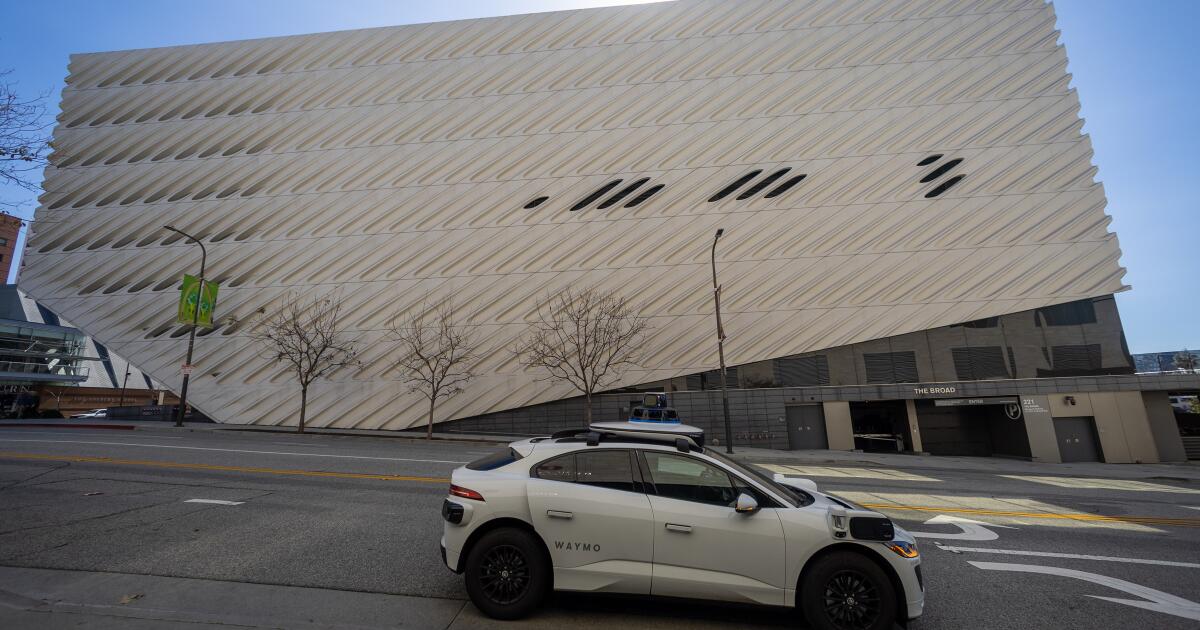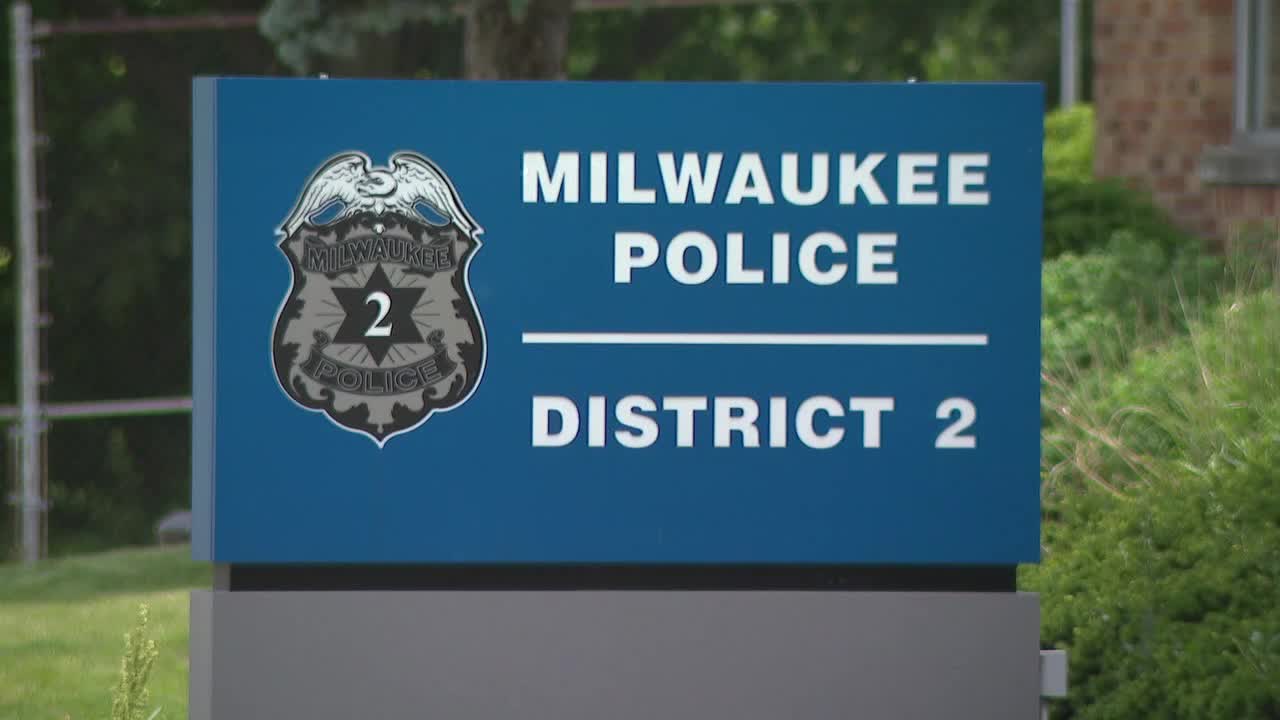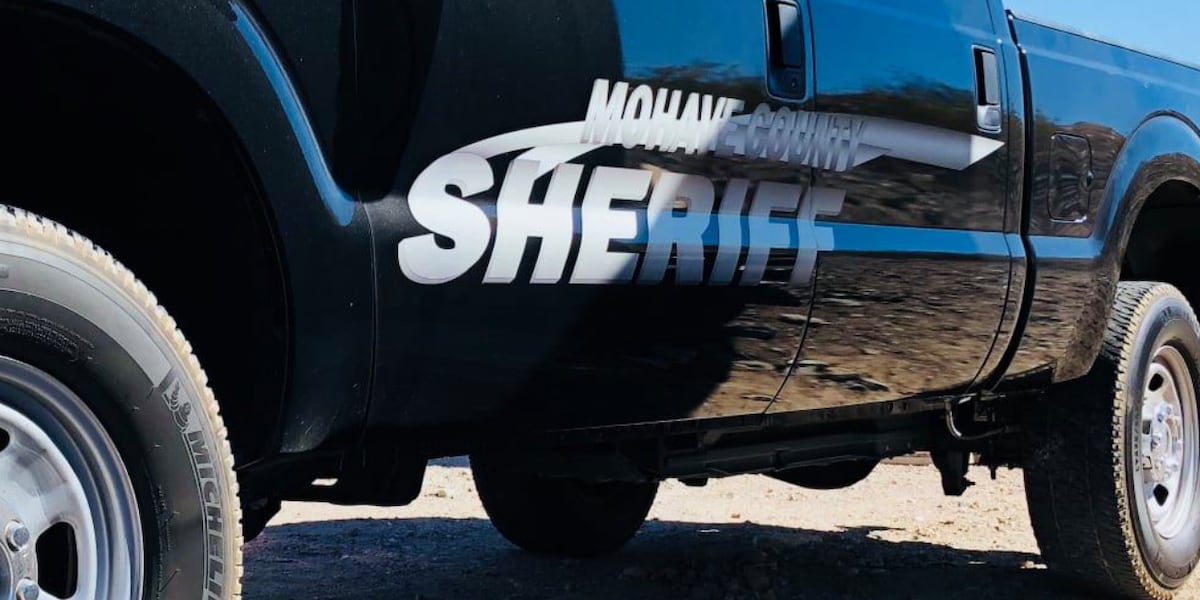Texas
Texas attempted more book bans in 2022 than any other state

Girl taking a book from bookshelf in library
Youngoldman/Getty Images/iStockphoto
Texans led the nation in the charge to censor books and other reading materials in 2022, according to a recent report from the American Library Association (ALA). New data found that the Lone Star State outpaced everyone else with 93 attempts to ban 2,349 titles—nearly double that of the second-ranked state, Pennsylvania, which made 56 attempts to restrict 302 titles.
These numbers reflect a nationwide trend toward book bans, many of which target works by members of the LGBTQ+ community and people of color, per the ALA.
Pulling from a compilation of reports filed by library professionals and news articles, the organization flagged a record 1,269 demands to remove 2,571 unique titles nationwide—a sharp jump from 729 demands in 2021. Data from past years also found that book bans previously targeted a single title, but in 2022, 90 percent of book challenges sought to remove multiple works.
Advertisement
Article continues below this ad
The 2022 report identified the biggest drivers of this movement as parents, who initiated 30 percent of the book ban attempts. They were closely followed by library patrons who initiated 28 percent of the challenges. About 17 percent of the complaints came from religious or political groups, and 15 percent came from school boards and administrators. The rest came from librarians, teachers, elected officials, and other community members.
Based on the most challenged titles of 2022, the ALA stated on its site that the findings are “evidence of a growing, well-organized, conservative political movement, the goals of which include removing books about race, history, gender identity, sexuality, and reproductive health from America’s public and school libraries that do not meet their approval.”
In Texas, the most embattled title was Toni Morrison’s “The Bluest Eye,” the story of an 11-year-old Black girl set in the 1940s. It’s been widely challenged for its depiction of sexual abuse; sexually explicit content; and themes of equity, diversity, and inclusion, per the ALA.
Advertisement
Article continues below this ad
Proposals to limit access to this and other books have gained traction across the state, according to a spate of news reports. In February, former Houston-area pastor Rick Scarborough said he would launch a campaign to expunge “every immoral book in the library.” One month later, the Spring Branch ISD school board voted to make it easier to remove certain titles from library shelves, and, as the Houston Chronicle’s Claire Goodman reported, Katy ISD soon followed suit. Meanwhile, a North Texas school board official from Granbury ISD garnered heavy criticism for allegedly entering a school library without permission to inspect it for inappropriate content, according to WFAA’s Adriana De Alba.
Texas legislators have also picked up the fight. Per previous reporting, lawmakers voted this year to pass House Bill 900, also known as the Readers Act, which mandated book vendors to rate school books based on sexual content. The law, which stirred multiple booksellers to legal action, was set to go into effect Sept. 1 before a judge suspended its enforcement.

Texas
Supreme Court sides with Texas’ age verification law for porn sites

The Supreme Court
Samuel Corum/AFP via Getty Images
hide caption
toggle caption
Samuel Corum/AFP via Getty Images

The Supreme Court
Samuel Corum/AFP via Getty Images
The U.S. Supreme Court on Friday upheld a Texas law requiring consumers to provide age verification in order to gain access to commercial websites that provide sexually explicit material. It was the first time that the court has imposed requirements on adult consumers in order to protect minors from having such access.
Free-speech advocates argued that while the law’s goal is to limit minors’ access to online sexually explicit content, it is overly vague and imposes significant burdens on adults’ access to constitutionally protected expression. Lawyers for Texas said in their filing, and during arguments, that the law’s opponents had failed to show a single person whose rights have been “chilled” by it.
By a vote of 6-3 along ideological lines, the court agreed with Texas, saying the law “only incidentally burdens the protected speech of adults.”
The Texas measure, enacted in 2023, was aimed at protecting kids under the age of 18 from exposure to sexually explicit material.
It did that by requiring every user, including adults, to first provide proof, typically via a government-issued identification, that they were at least 18 years old. The statute applies to all websites that contain content that is one-third or more “sexually suggestive” in nature and “harmful to children.”
More Supreme Court decisions from today:
Just what the term “harmful to children” means is debatable because, according to the websites, the term covers any sexually suggestive material, including romance novels and R-rated movies.
The Free Speech Coalition, an adult industry trade association, and several adult industry producers challenged the law in court, contending that it violated the First Amendment guarantee to free speech and expression.

The groups noted, among other things, that while the statute does bar companies from retaining the identifying information, it does not prohibit transfer of that information or impose any other protection from disclosure to protect adults’ privacy. Moreover, the challengers maintained the state’s defense of the statute fell apart in light of the fact that it exempted from the law’s coverage the search engines and social-media platforms that are the principal gateways for minors gaining access to sexually explicit content.
Federal judge David Alan Ezra, a Reagan appointee, initially barred the law from taking effect, on the grounds that it was likely unconstitutional.
But a Fifth Circuit Court of Appeals panel voted 2-to-1 to uphold the law, clearing the way for it to take effect. The appeals court said that because the state justified the law as rationally related to its purpose of protecting children, that is all that is necessary. The so-called rational basis test used by the appeals court means essentially that a law passes muster as long as the legislature had any rational justification.
It is the court’s least rigorous standard, and the challengers maintained that it was far too lax and ignored the impact on adult users.
Texas
Armed woman sitting on folding chair shuts down I-45 during standoff in Spring, Texas

SPRING, Texas (KWTX) – A woman armed with a gun has created a traffic nightmare during a standoff on I-45 South in Spring, Texas, according to the Harris County Precinct 4 Constable’s Office.
The constable said the woman “apparently turned her vehicle directly into the path of an 18-wheeler” and caused a collision.
She reportedly then exited her vehicle and sat down in the main lanes of the interstate.
A trained mental health officer has arrived at the scene. Authorities say the woman is saying she wants her kids who are being held hostage.
There is a heavy police presence on I-45 near Cypresswood Drive and the interstate is shut down.
Avoid the area.
Copyright 2025 KWTX. All rights reserved.
Texas
DOJ ends investigation into Muslim-centered EPIC City project in North Texas

The U.S. Department of Justice has officially closed its investigation into EPIC City, a proposed Muslim-centered community in North Texas.
The project is affiliated with the East Plano Islamic Center (EPIC), one of the largest mosques in the region.
The DOJ’s decision comes after U.S. Sen. John Cornyn raised concerns about potential religious discrimination tied to the development.
Attorney calls probe political
Dan Cogdell, a criminal defense attorney representing both EPIC and the EPIC City organizers, called the investigation politically motivated.
“Several politicians have tried to pervert these so-called investigations for their political benefit,” Cogdell said. “Ultimately, I think it will backfire.”
He added that the DOJ’s decision to drop the case is a win for the project and reaffirmed that the development will move forward.
Community Capital Partners
EPIC City still under state review
EPIC City is planned for 400 acres in Josephine, pending approval from Collin County Commissioners.
The developers, Community Capital Partners, say the community will be open to people of all faiths. However, the project still faces at least three ongoing investigations from state agencies, including the Texas Attorney General’s Office and the Texas Workforce Commission.
“Never in 42 years of practicing criminal defense have I seen the number and absurdity of the accusations lodged here,” Cogdell said. “We will comply fully and completely.”
New law targets religious developments
Last week, Gov. Greg Abbott signed House Bill 4211, which his office says is designed to prevent developments like EPIC City from creating “no-go zones” by restricting land sales or rentals based on religious affiliation.
Despite the bill’s implications, Dan Cogdell, attorney for EPIC City, said the development supports the legislation.
“Anyone is welcome to buy and live there,” Cogdell said. “This is nothing more than a political opportunity for Abbott and others to claim they defeated an evil that never existed.”
CBS News Texas reached out to Rep. Candy Noble, the bill’s author, for comment but has not yet received a response.
In a statement, Andrew Mahaleris, press secretary for Gov. Abbott, said:
“Governor Abbott was proud to sign HB 4211 into law last week to ensure developments like EPIC City are unable to create ‘no-go zones’ by selling or renting land only to individuals who subscribe to a developer’s religious preference. Texas will continue to defend our communities from any threats posed by EPIC City or other entities seeking to create a discriminatory or illegal compound, and we will continue to monitor this proposed development for compliance with all Texas laws.”
Project delayed but still moving forward
EPIC City organizers say they are still in the planning phase and have not yet submitted a permit application to the county. However, they admit the ongoing state investigations have delayed progress by several months.
“Community Capital Partners is committed to building an inclusive community that follows the guidelines of the Fair Housing Act and we are glad the DOJ found that to be true in their investigation,” Cogdell said.
-

 Arizona1 week ago
Arizona1 week agoSuspect in Arizona Rangers' death killed by Missouri troopers
-

 Business1 week ago
Business1 week agoDriverless disruption: Tech titans gird for robotaxi wars with new factory and territories
-

 Business1 week ago
Business1 week agoProtesters are chasing federal agents out of L.A. County hotels: ‘A small victory’
-

 Technology1 week ago
Technology1 week agoSpaceX Starship explodes again, this time on the ground
-

 Technology1 week ago
Technology1 week agoMeta held talks to buy Thinking Machines, Perplexity, and Safe Superintelligence
-

 Technology6 days ago
Technology6 days agoSamsung’s Galaxy Watch 7 has returned to its lowest-ever price
-

 News1 week ago
News1 week agoVideo: Inside Trump’s Shifting Stance on Iran
-

 Movie Reviews1 week ago
Movie Reviews1 week ago‘8 Vasantalu’ movie review: Phanindra Narsetti’s romance drama is ambitious but lacks soul

















